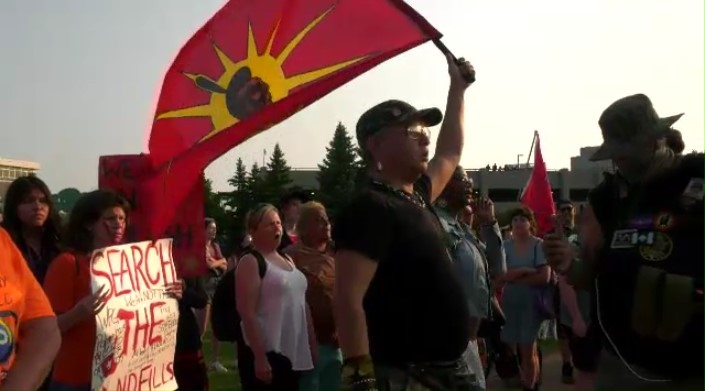The City of Winnipeg has unveiled a plan to address a projected deficit of nearly $40 million for this year.
Starting the year with a fiscal stabilization reserve of $15.7 million, which is less than half of the $39.3 million needed to cover the projected deficit, the city is implementing several measures to bridge the gap. To reduce the deficit, Winnipeg plans to forgo transferring over $15 million from its general revenue into the reserve fund. Additionally, the city will utilize debt deferral, interest savings, and expenditure management to further diminish the shortfall.
Importantly, the plan does not include any reductions in services or staff cuts.
The finance committee approved the plan during its meeting on Friday. Committee chair, Councillor Jeff Browaty (North Kildonan), expressed confidence in the plan but acknowledged the ongoing challenges in managing the deficit.
“There are some systemic challenges that I find with the budget, where we are, on an ongoing basis, short-funding things — like snow removal in particular,” Browaty noted.
Years of the COVID-19 pandemic, coupled with higher-than-expected snow-clearing costs, overtime, and other expenses, have significantly depleted the reserve fund. Browaty also voiced concerns about replenishing the fund.
“We do need that fiscal stabilization fund for future major problems and major concerns,” he said. “I think [the solution is] economic growth and economic activity, seeing all the housing starts. Hopefully … the Housing Accelerator Fund will spur development and have new properties on our tax roll going forward.”
As part of the plan, the city will cancel the $15.4 million transfer to the reserve fund and save $2.8 million through debt deferral. Higher interest rates are expected to generate an additional $4 million in interest earnings this year. Departments have also been tasked with finding $800,000 in savings.



